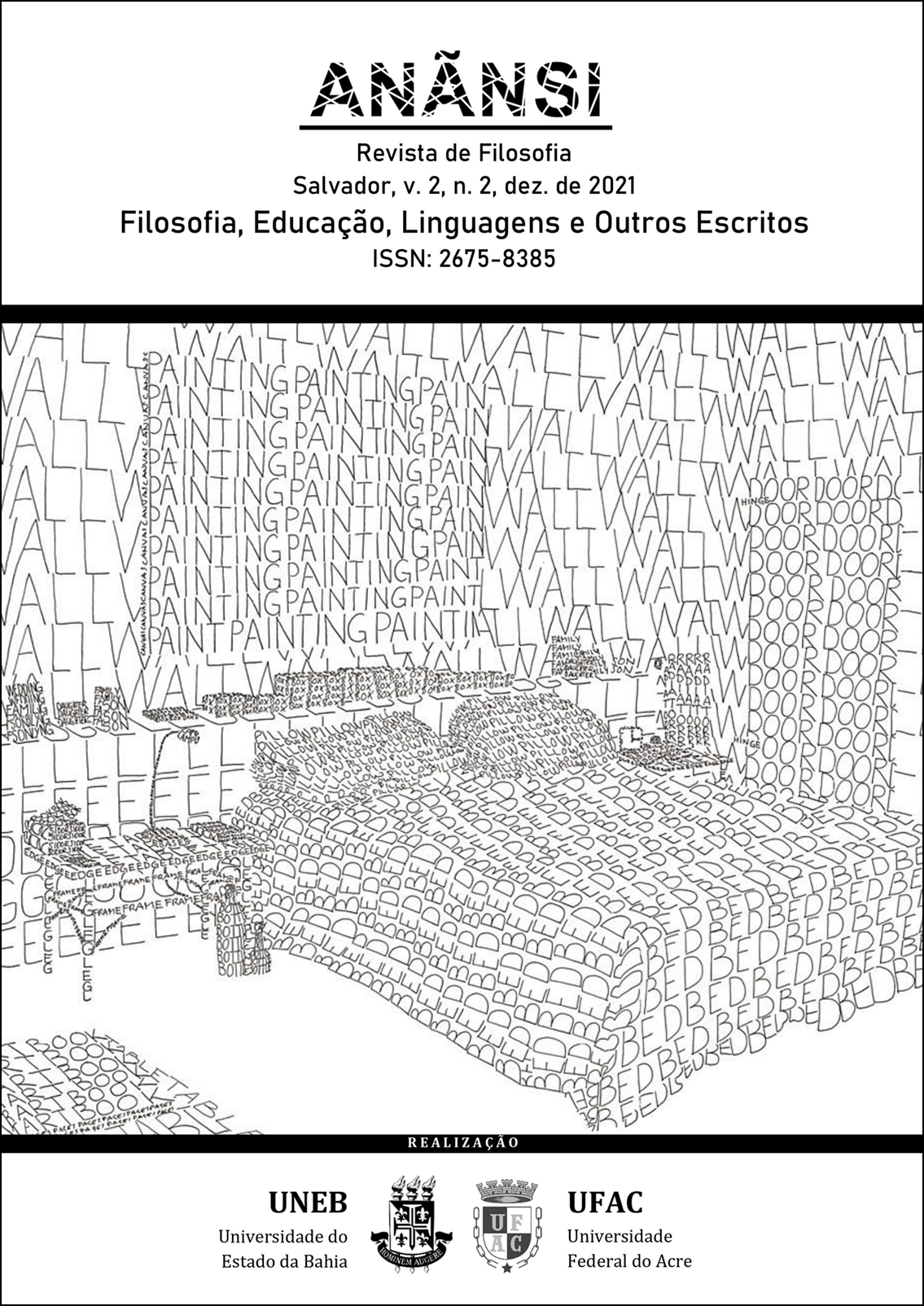Cultural collocations in written and oral corpora formed by reports of rubber tappers from Acre
Abstract
Based on principles of Phraseology and Corpus Linguistics, this paper focuses on the extraction and analysis of the cultural collocations present in the Corpus Escrito da Vila Japiim (CEVIJ) and in the Corpus Oral do Acre (COAC), both corpora were built with the speech of rubber tappers from Acre, workers that acted in the northern rubber plantations of Brazil. Regarding our methodology, we used some tools from the software WordSmith Tools, which were WordList, Keywords and Concord to collate and analyze the keywords with the highest frequency, focusing on their meaning and cultural background. During the search procedure, nodes such as ‘borracha’ (rubber) and ‘estrada’ (road) stood among the others for their concordances, from which the observation we could select uncommon and unique cultural collocations as “barões da borracha”, “boom da borracha”,“estrada de porta”, “espigão daestrada”, and “soldado da borracha” ‒ all part of the “Amazon Rubber Boom” idiosyncrasies.The rubber tappers who moved into the Amazon during the Second World War were denominated “rubber soldiers” due to the role they played in the concentrated war efforts through the rubber production to supply the belligerent European markets





